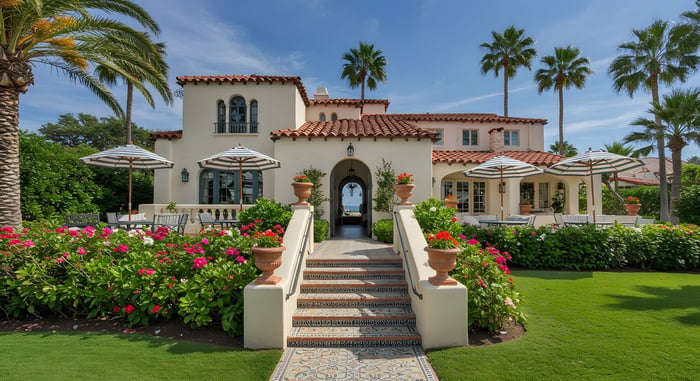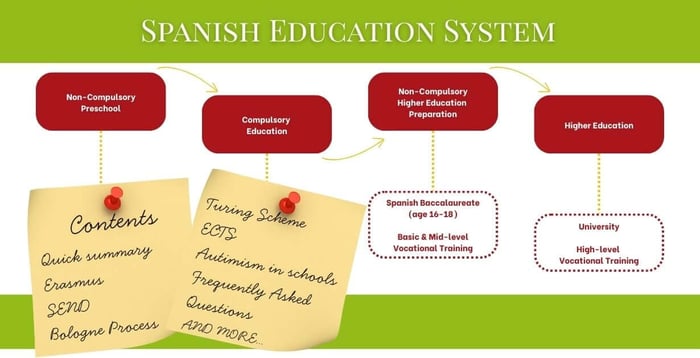In early 2025, Spain’s Prime Minister Pedro Sánchez made waves by floating a plan to impose a 100 % tax on real estate purchases by non-EU, non-resident buyers.
Headlines exploded — “Will foreigners have to pay double?” — and markets on the Costa del Sol braced for panic.
But let’s step back. How serious is this proposal? What does it really mean? And why do many experts believe it’s little more than political noise?
What the proposal actually says
According to legal commentary and reputable outlets:
- It’s framed as a new central government tax on top of regional transfer taxes (ITP).
- It would apply only to non-EU, non-resident buyers of resale (second-hand) properties.
- New builds would be exempt.
- EU/EEA residents and non-EU citizens already resident in Spain would not be affected.
- The government’s stated aim is to deter speculative foreign buying and protect local housing access.
In short: it’s a targeted draft, not a blanket “everyone pays double” law. And crucially — it hasn’t passed.
Why experts believe it won’t pass
Several barriers make the proposal highly unlikely to survive in its current form:
- Constitutional issues: a 100 % tax could be challenged as “confiscatory,” breaching Spain’s constitutional protections.
- EU law conflict: discriminating by nationality/residency risks violating free movement of capital.
- Regional autonomy: property transfer taxes are largely controlled by Spain’s autonomous communities (like Andalucía). Overriding them would spark serious pushback.
- Political arithmetic: Sánchez governs without a majority. Passing a divisive tax targeting foreigners would be uphill.
- Limited impact: non-EU non-resident purchases are a small slice of the market. Even taxing them heavily won’t fix supply problems or affordability for locals.
Why the “100% tax ban” was built on shaky assumptions
One of the most compelling critiques comes from Spanish Property Insight, which examined the actual numbers behind the political headlines.
- Tiny market share: In 2024, non-EU, non-resident buyers represented just 2.7% of Spanish property transactions, down from 2.9% in 2023. Far from exploding, this segment is shrinking.
- Dodgy government numbers: Officials claimed 27,000 such purchases in 2023, implying they accounted for nearly half of foreign activity. But notary data shows ~18,648 — a full one-third lower.
- A political pitch, not policy: SPI argues the proposal was always more about optics than economics — a way to deflect from the real problems: lack of supply, high costs of construction, and sluggish planning systems.
- Minimal effect on affordability: These buyers mainly acquire coastal holiday homes, not primary residences in cities. Even banning or taxing them would hardly move the dial on local affordability.
As SPI (Spanish Property Insight) bluntly puts it: “The Socialist plan to bar some foreigners from the housing market was always based on dodgy numbers.”
What does this mean for buyers?
While the 100 % tax is unlikely in its current form, buyers should still pay attention:
- Expect noise & uncertainty — media stories may keep resurfacing until the idea is formally dropped.
- Scaled-back versions are possible — e.g. an extra 20–50% tax, or applied only in certain regions.
- Legal challenges would drag it out — even if passed, court challenges could delay or overturn it.
- Timing could matter — laws might only apply from a future date, meaning purchases now are unaffected.
- Market psychology — perception alone can influence demand, negotiation, and seller flexibility.
How We Reassure Our Buyers
As agents, our role isn’t just to introduce the right property — it’s also to give you the confidence to move forward without worrying about political noise or misleading headlines. Here’s what you need to know:
✅ It’s only a draft, not law. Nothing has been approved, and proposals like this often get watered down or dropped entirely.
✅ New builds are exempt. If you’re looking at modern developments, this proposal wouldn’t apply to you anyway.
✅ Most buyers aren’t affected. EU citizens, Spanish residents, and many other categories are untouched.
✅ It targets a tiny slice of the market. Non-EU, non-resident purchases account for less than 3% of all transactions.
✅ We’ll keep you informed. Our team monitors every legal and tax update closely, so you always know where you stand.
Buying a home in Spain is still one of the most rewarding lifestyle and investment decisions you can make. The key is working with professionals who know the process inside out.
If you’re considering a move, our Guide to Buying a Property in Spain walks you through every step — from first viewing to final signing.
Moving Forward with Confidence
The Costa del Sol market may be buzzing with talk of a 100% non-EU buyer tax, but the reality is simple: this is a draft proposal built on shaky numbers, facing huge political and legal hurdles, and targeting only a tiny fraction of transactions.
For genuine buyers like you, the real opportunity lies not in worrying about headlines, but in finding the right property at the right time. Quality homes in Andalucía and along the Costa del Sol remain in high demand, and waiting too long could mean missing out.
At Mediterranean Homes, our role is to give you clarity, confidence, and peace of mind. We’ll keep you fully informed on market changes, guide you through the process step by step, and make sure nothing gets in the way of your move to Spain.
If you’re planning your next chapter here, explore our Guide to Buying a Property in Spain, or get in touch with us today.





